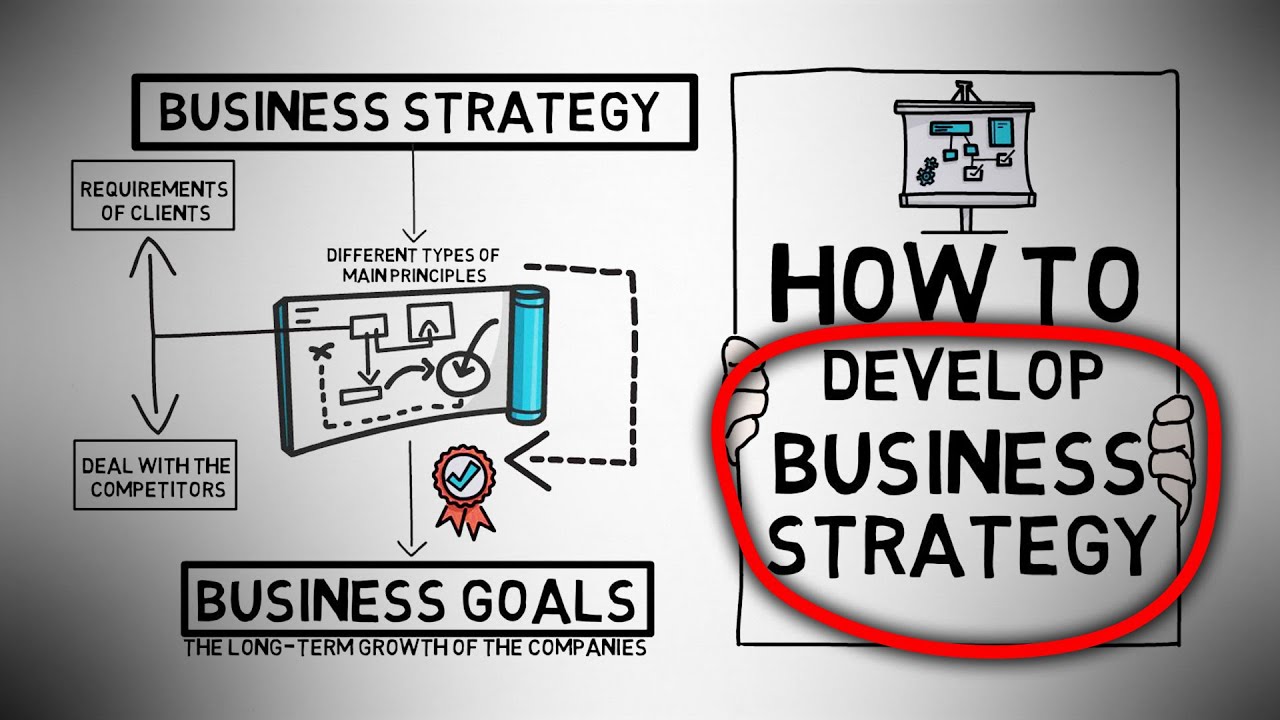Business strategy is the art and science of making important decisions that will determine the future of an organization. It involves developing a clear understanding of the organization’s mission, values, goals, and resources and then applying them to the external environment in order to create a successful business model. A successful business strategy will provide a clear roadmap for the organization to achieve its objectives. It will also provide an opportunity to identify and capitalize on new opportunities, while minimizing risks.
The Elements of a Business Strategy
A successful business strategy requires careful consideration of several key elements. These include:
- Mission – A clear statement of the organization’s purpose and objectives.
- Values – The principles and standards that guide the organization’s decisions and actions.
- Goals – The measurable objectives that the organization strives to achieve.
- Resources – The people, capital, and technology available to the organization.
Developing a Business Strategy
Developing a business strategy involves assessing the current state of the organization and its environment, and then creating a plan to achieve the desired future state. The process typically involves the following steps:
- Define the organization’s mission, values, goals, and resources.
- Conduct an analysis of the external environment to identify potential opportunities and threats.
- Develop a strategy to capitalize on the opportunities and mitigate the threats.
- Identify the resources needed to implement the strategy.
- Develop an action plan to ensure successful implementation.
- Monitor and adjust the strategy as needed.
The Benefits of a Good Business Strategy
A good business strategy can provide numerous benefits to an organization, including:
- Improved efficiency and effectiveness.
- Enhanced competitiveness.
- Greater profitability.
- Increased market share.
- Improved customer loyalty.
- Enhanced innovation and creativity.
The Role of Leadership in Business Strategy
Leadership plays a critical role in developing and executing a successful business strategy. Leaders must be able to effectively communicate the strategy to their teams and motivate them to execute it. They must also be able to identify and capitalize on new opportunities, while minimizing risks. Ultimately, the success of a business strategy depends on the leadership’s ability to create a culture of innovation and collaboration.


